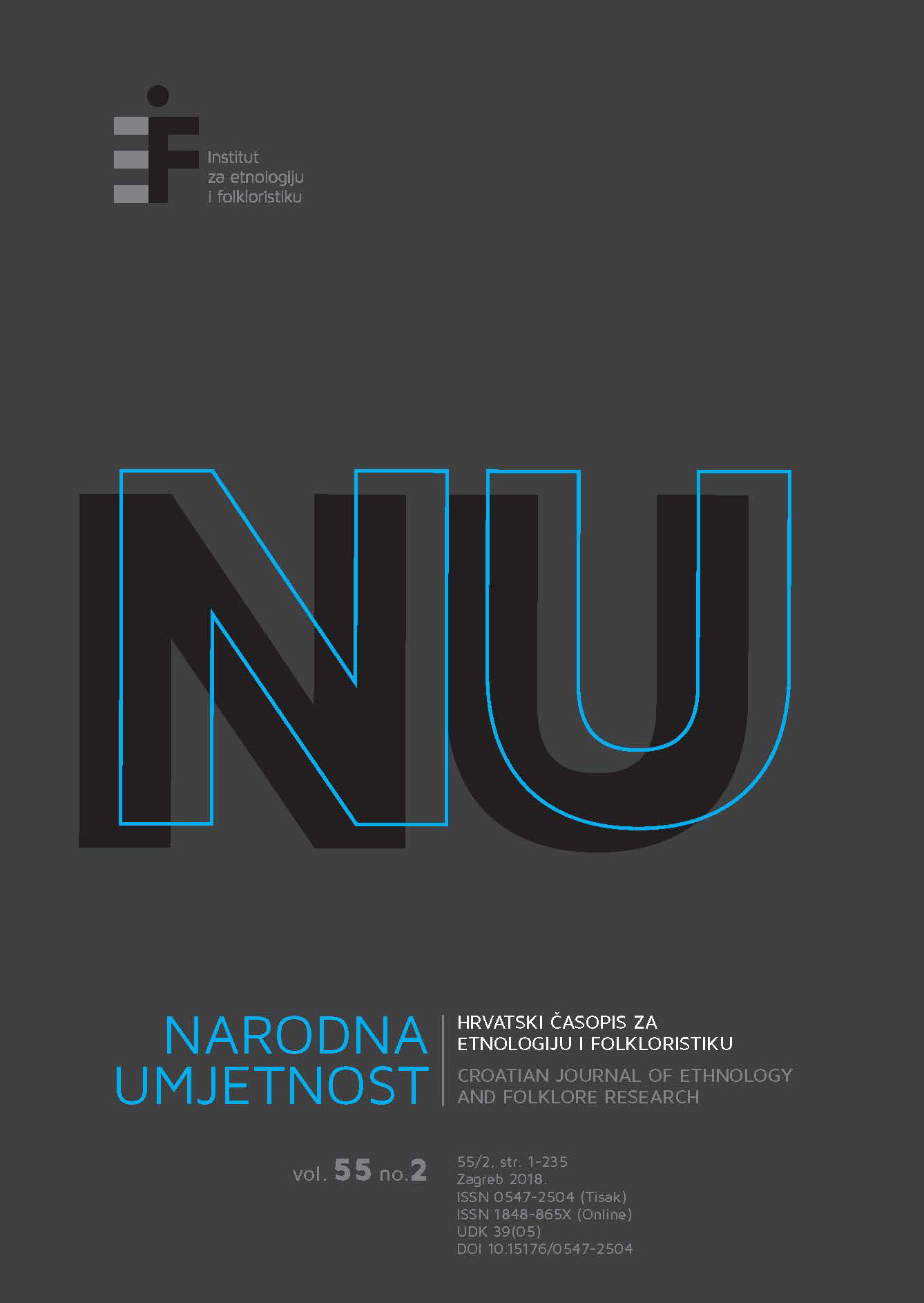Protest and Social Creativity
An Art and Activist Network Furthers Debate on Problems of Urban Living Space
Sažetak
The contribution originates from the project “habitation and habitation politics” in Munich, a subproject of the DFG research group “urban ethics”. Using the example of the Goldgrund art and activist network, it demonstrates how middle-class actors react to the tense real estate and rental market in Munich with different forms of protest. Among other things, Goldgrund designed fictitious real estate projects, was active against the privatization of public property and buildings and founded the social cooperative Bellevue di Monaco. The article analyzes this phenomenon at different levels. First, it focuses on the role of the middle class in such activist movements and asks what motivates its involvement. Then, the “subversive” practices of this form of protest are analyzed. Furthermore, it looks into the ethical arguments in this network which strongly emphasize good life in the city and empathic urbanism. Finally, these activist endeavors and the foundation of a social cooperative resulting from it can be interpreted as a form of “social creativity” in David Graeber’s sense, which contributes to the creation of new social forms and institutional arrangements.
Keywords: real estate market, protest movements, middle class, social creativity, urban ethics, Munich

